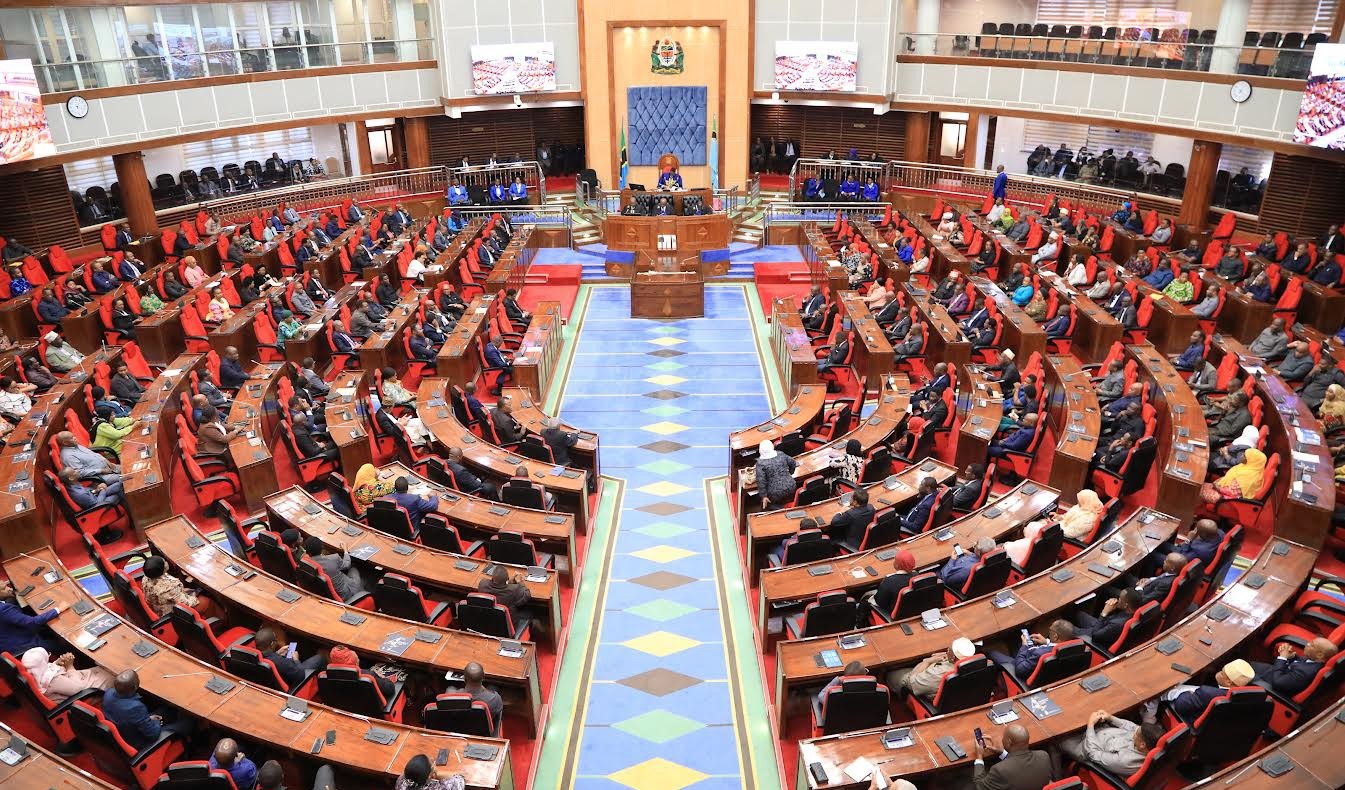Apple ‘privacy czars’ grapple with internal conflicts over user data

As Apple Inc feuds with the US government over iPhone privacy protections, the tech giant is also grappling with internal conflicts over privacy that could pose challenges to its long-term product strategy.
What you need to know:
Unlike Google, Amazon and Facebook, Apple is loathe to use customer data to deliver targeted advertising or personalized recommendations. Indeed, any collection of Apple customer data requires sign-off from a committee of three “privacy czars” and a top executive, according to four former employees who worked on a variety of products that went through privacy vetting.
As Apple Inc feuds with the US government over iPhone privacy protections, the tech giant is also grappling with internal conflicts over privacy that could pose challenges to its long-term product strategy.
Unlike Google, Amazon and Facebook, Apple is loathe to use customer data to deliver targeted advertising or personalized recommendations. Indeed, any collection of Apple customer data requires sign-off from a committee of three “privacy czars” and a top executive, according to four former employees who worked on a variety of products that went through privacy vetting.
Approval is anything but automatic: products including the Siri voice-command feature and the recently scaled-back iAd advertising network were restricted over privacy concerns, these people said.
Many employees take pride in Apple’s stance, and CEO Tim Cook has called it a matter of principle.
“Customers expect Apple and other technology companies to do everything in our power to protect their personal information,” Cook wrote in a letter explaining the company’s opposition to a government demand that it help unlock the iPhone of one of the shooters in the December attacks in San Bernardino, California.
Such policies also have a business rationale: Apple’s apparent willingness to sacrifice some profit for the sake of privacy bolsters its image as a company that protects customers.
It’s an easier stand for Apple to take than, say, Facebook or Amazon - Apple’s chief business to date has been selling devices rather than advertising or e-commerce.
But now, amid stagnant iPhone sales, Apple executives have flagged services such as iCloud and Apple Music as prime sources for growth - which could test the company’s commitment to limiting the use of personal data.
Apple declined to comment for this story.
Inside Apple, the trio of experts known among employees as the privacy czars are both admired and feared.
Jane Horvath, a lawyer who previously served as global privacy counsel at Google, is the group’s legal and policy wonk, often channeling the views of Apple’s board and citing regulatory requirements, said former employees who have worked with her.
She was hired to formalize privacy practices after the 2011 “locationgate” scandal, in which iPhones were found to be gathering information about users’ whereabouts.
Horvath works alongside Guy “Bud” Tribble, a member of the original Macintosh team who is venerated by employees as one of the few who “had been to the mountain with Moses,” as one former employee put it, referring to Tribble’s ties to the late Steve Jobs.
Tribble has broad responsibilities as vice president of software technology, but he devotes substantial time to privacy, often working with closely with engineers. The meetings can be tense, but Tribble’s skill and easy personality make him a popular figure, people who have worked with him said.
The third czar, a rising star named Erik Neuenschwander, scrutinizes engineers’ work to ensure they are following through on the agreements - even reviewing lines of code.
Following a popular philosophy in Silicon Valley known as “privacy by design,” product managers start collaborating early with the privacy engineering and legal teams, former Apple employees said. For complicated matters, the privacy taskforce steers the issue to a senior vice president, and particularly sensitive questions may rise to Cook.
Key principles include keeping customer data on their devices - rather than in the cloud, on Apple servers - and isolating various types of data so they cannot be united to form profiles of customers.
Such privacy guidelines can cut against engineers’ instincts to “collect all the data, because sometime down the road it may be useful,” said Albert Gidari, director of privacy at Stanford University’s Center for Internet and Society.
Debates over new uses of data at Apple typically take at least a month and have dragged on for more than a year, former employees said.
The writer filed this article from San Francisco




